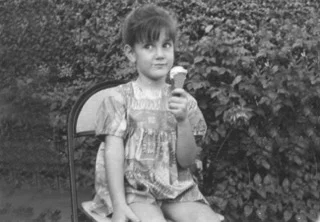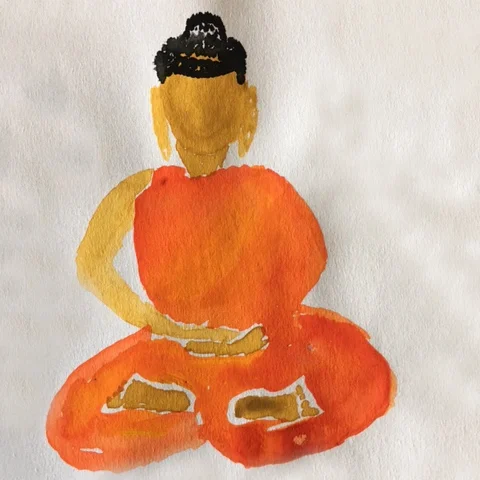The way we respond to the stream of momentary experiences we call “our life” determines our move toward our habitual search for security or toward awakening. The Buddhist tradition has many ways of explaining our tendencies to shrink from experience, but all these explanations have one thing in common: pain and suffering proliferate when we can’t stay present with what we encounter.
Read MoreJonathan Bastian of WFPL Public Radio in Louisville, Kentucky conducted a lively interview with Elizabeth last October on the topic of meditation and spiritual practice. Elizabeth appreciated the “genuine and intelligent questions Jonathan asked about spiritual practice, its purpose and the meaning of faith.”
Read MoreRecently, Scott Kelley came home from a year in space. His magical photographs inspired me to share this excerpt from my upcoming book, The Logic of Faith from Shambhala Publications.
Read MoreAs the Lunar New Year (of the Fire Monkey!) approaches, I have begun making some strong aspirations. Aspirations always give my mind direction and an opportunity to clarify and explore the meaning of my life and activity. As many strong aspirations have been surging up in my mind I wanted to share them with you, and hope that they influence you in many positive ways (that is, if you want them to).
Read MoreWhat does it mean to trust anyone, especially a spiritual teacher? What do we do when a teacher doesn’t present him/herself in a way that is comfortable for us? I don’t see how it is possible to skip over questions like these.
Read MoreAs meditators we look at the mind and its activity. When we begin to practice, we often feel surprised: “I didn’t realize my mind was so wild and unruly!” Even experienced practitioners will complain, “I have been practicing for thirty years, but my mind is still crazy!” We often view experience as a problem. So how do we work with it? Is there a way to enjoy the activity of mind? How does practice bring us into a healthy relationship with our world? Meditation puts these questions front and center.
Read MoreMy experience is that something really positive always emerges from the heart when it is broken. A tender heart has unlimited “give” while a brittle or contracted heart – a heart focused on me and mine – has no choice but to break.
Read MoreTry thinking of self as just “being” and responding to the world around you with intelligence. You are a part of the great nature of infinite interdependence.
Read MoreI think when there is a longing we can creatively find ways to practice. Flexibility is key. You can’t hold on to fixed ideas of how you think things should be. You let your longing for practice guide you.
Read MoreSometimes I wonder about this notion of creating a new American Buddhism. I think it is more important to probe deeply and personally into the meaning of the teachings and practice and the lineage of realization.
Read MoreOn the path of bodhicitta, sometimes we even make the wish: “May I take the sufferings of others onto myself!” This is an outrageous aspiration. Beings are limitless, therefore suffering is limitless, and so our compassion and care for them too must be limitless.
Read MoreWhen we recognize how lost we get in the habitual momentum of our thoughts and emotions, we realize how little strength we have to move in the direction of sanity. This can inspire us to understand and appreciate the power of prayer. Prayer cuts through the wild and discursive activity of the mind, giving us direction and providing a means to bring our actions together with our intentions.
Read MoreI want to say there is kind of a Buddhist “rote” answer, and that would be “no” to euthanasia and “yes” to letting the animal die naturally. But I think the dharma goes much deeper than simply giving us “rote” answers.
Read More











